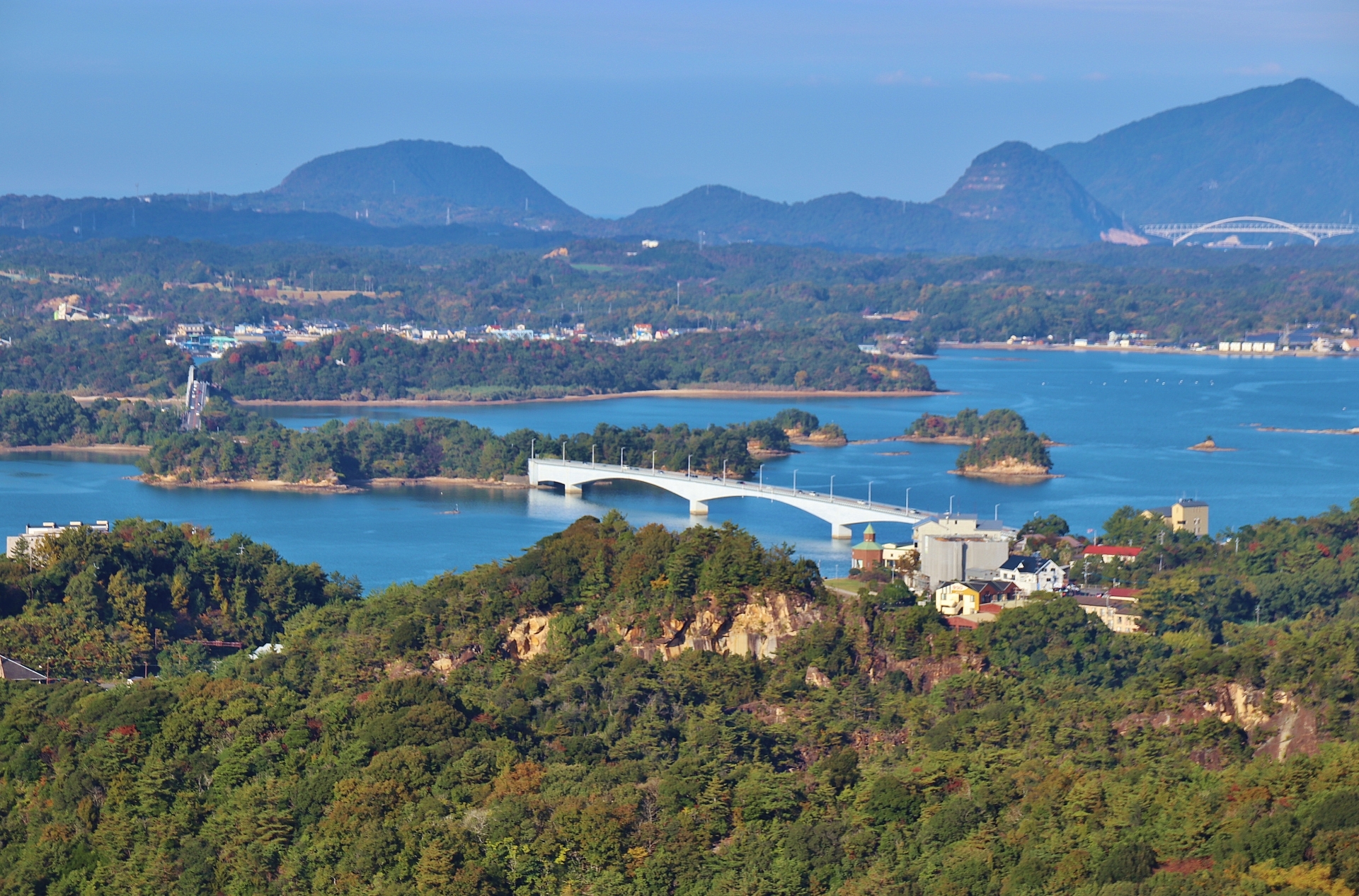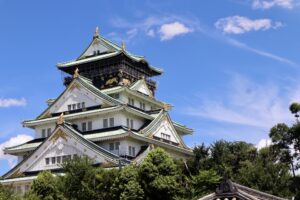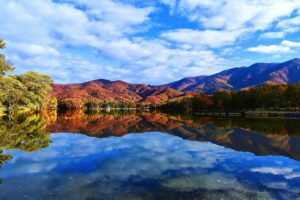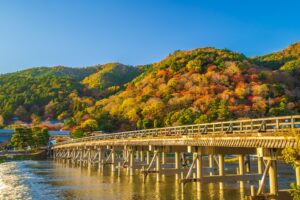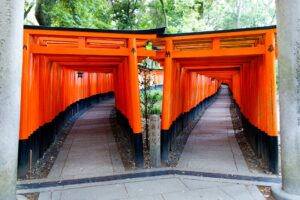Kyushu, Japan’s southernmost island, offers a rich tapestry of cultural heritage, natural beauty, and culinary excellence. Whether you’re a travel enthusiast seeking new destinations, a nature lover, a foodie, or an adventurer, Kyushu has something to offer. This comprehensive guide will provide insights into planning your trip, exploring the island’s attractions, and experiencing its unique culture and cuisine.
Introduction to Kyushu
Kyushu, the third largest island of Japan, is located in the southwestern part of the country and is renowned for its natural beauty, rich cultural heritage, and diverse attractions. From vibrant cities to tranquil countryside, Kyushu offers a perfect blend of modernity and tradition, making it a must-visit destination for travelers. Known for its historical significance, Kyushu is often considered the cradle of Japanese civilization. The island’s geographical features include volcanic mountains, hot springs, and lush landscapes, offering a unique experience for nature lovers and adventure seekers alike.
Top Destinations in Kyushu
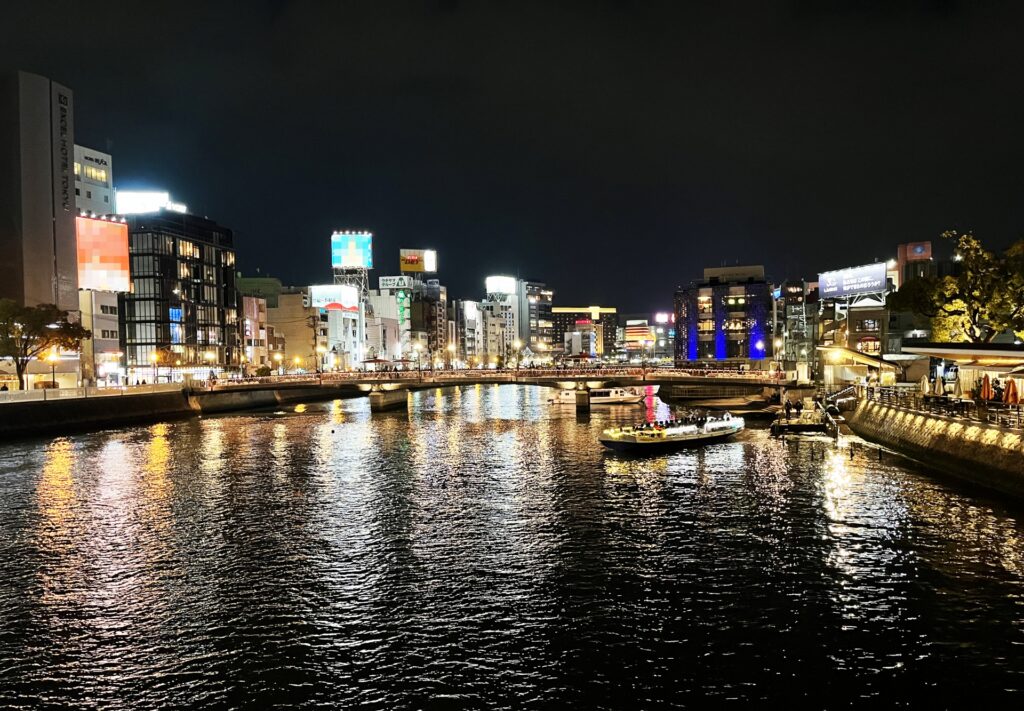
Kyushu is home to several iconic cities and towns that cater to a variety of interests. Major destinations include Fukuoka, the bustling gateway to Kyushu; Nagasaki, known for its historical significance; Kumamoto, with its imposing castle; and Beppu, famous for its hot springs. Each location boasts its own unique attractions, from historical landmarks and cultural sites to modern entertainment and shopping districts. Whether you’re interested in exploring ancient temples, enjoying vibrant festivals, or soaking in natural hot springs, Kyushu has something to offer every traveler.


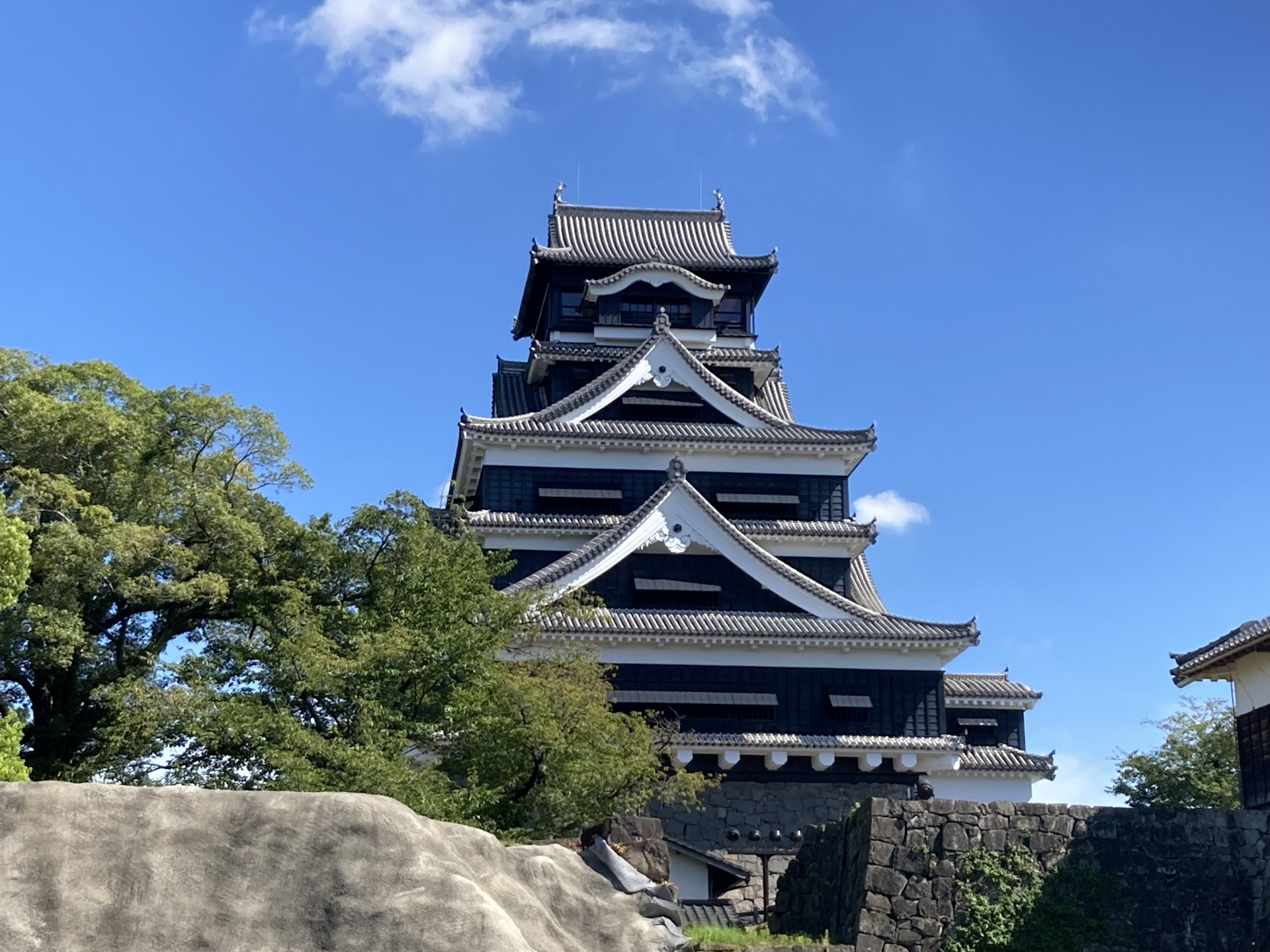
Fukuoka: The Gateway to Kyushu
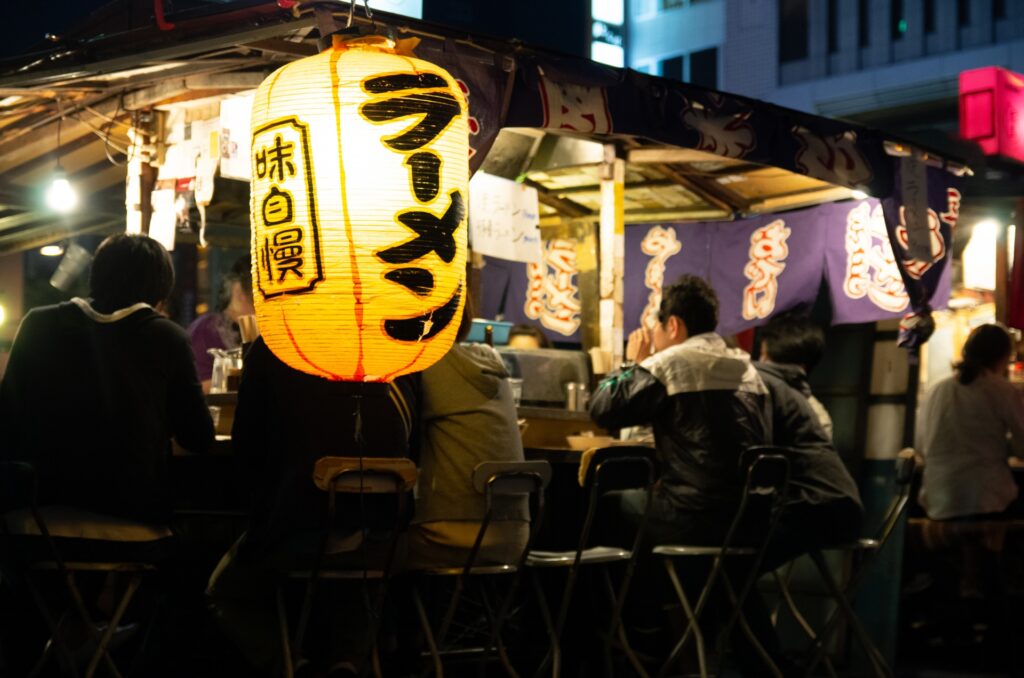
Fukuoka is the largest city in Kyushu and serves as a cultural and economic hub of the region. Known for its friendly atmosphere and excellent food scene, Fukuoka is famous for its Hakata ramen, yatai food stalls, and bustling shopping districts like Tenjin and Canal City. The city also offers historical sites such as Fukuoka Castle and Ohori Park, providing a blend of urban excitement and historical charm. Fukuoka’s strategic location makes it an ideal starting point for exploring the rest of Kyushu.

Natural Wonders of Kyushu

Kyushu’s natural beauty is highlighted by its dramatic landscapes, including active volcanoes, serene hot springs, and scenic coastlines. Mount Aso, one of the world’s largest active volcanoes, offers breathtaking views and hiking opportunities. The island of Sakurajima, near Kagoshima, is another active volcano that is a popular attraction. Beppu and Yufuin are renowned for their hot springs, offering a relaxing retreat amidst nature. These natural wonders make Kyushu a paradise for outdoor enthusiasts and those seeking tranquility.
Cultural and Historical Insights
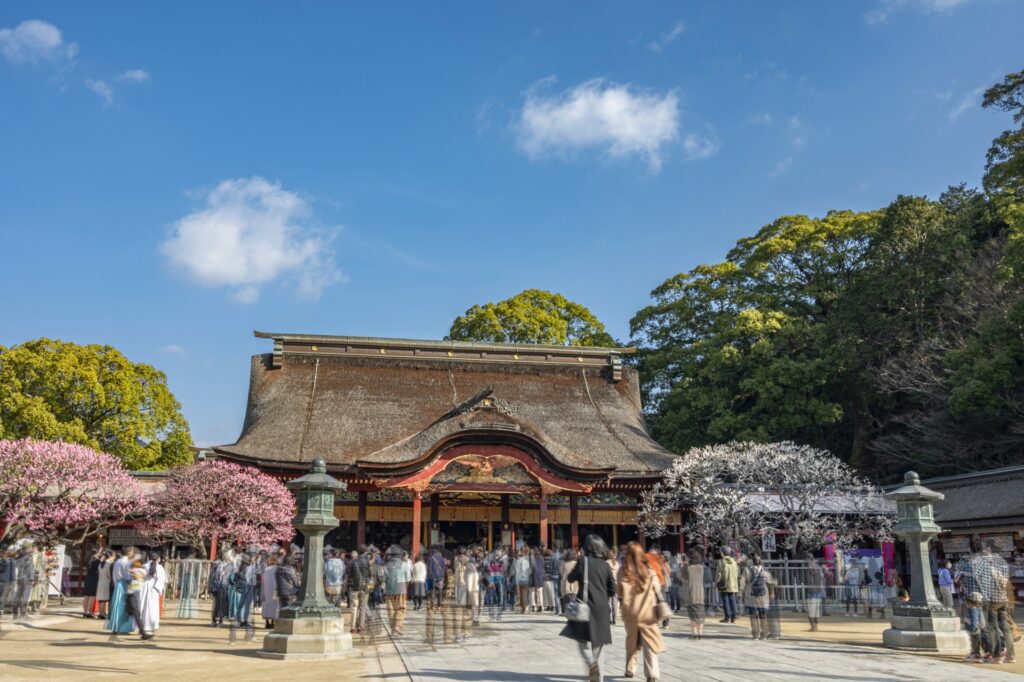
Kyushu’s rich cultural heritage is evident in its numerous temples, shrines, and traditional festivals. The island has a deep historical connection with early Japanese culture and has been a key point of contact with foreign influences. Nagasaki, for instance, played a pivotal role in Japan’s interactions with the West. The region’s cultural landmarks include the ancient Dazaifu Tenmangu Shrine, Kumamoto Castle, and the Aso Shrine. Kyushu’s festivals, such as the Nagasaki Kunchi Festival and Hakata Gion Yamakasa, showcase traditional music, dance, and rituals, offering a glimpse into the island’s vibrant cultural scene.
Festivals and Events
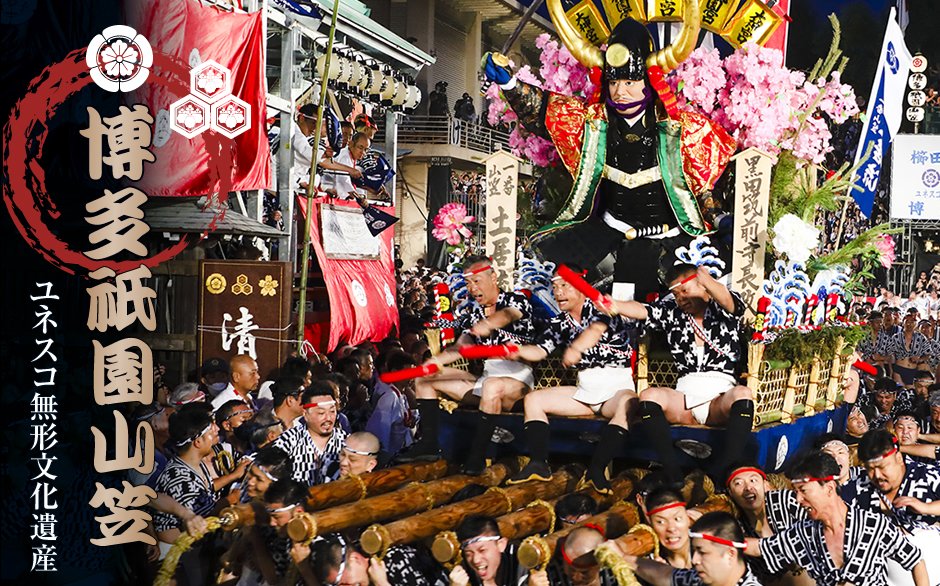
Kyushu hosts a variety of traditional festivals that highlight its cultural richness. The Nagasaki Kunchi Festival, held every October, features colorful parades and performances, reflecting the city’s multicultural heritage. The Hakata Gion Yamakasa in Fukuoka, held in July, is famous for its elaborate floats and energetic participants. These events provide visitors with a unique opportunity to experience the traditional customs and lively spirit of Kyushu.
Culinary Delights of Kyushu
Kyushu is a gastronomic paradise, offering a wide range of local dishes that reflect the island’s diverse culture and history. Known for its fresh seafood, rich broths, and unique flavors, Kyushu’s cuisine is a highlight for many visitors. Specialties include Hakata ramen, characterized by its creamy pork-based broth, and Kagoshima’s Kurobuta (black pork). Other popular dishes are Nagasaki’s champon (a noodle soup dish) and Saga’s beef, renowned for its marbling and taste. Exploring Kyushu’s culinary offerings is a must for any food lover.
Must-Try Local Dishes
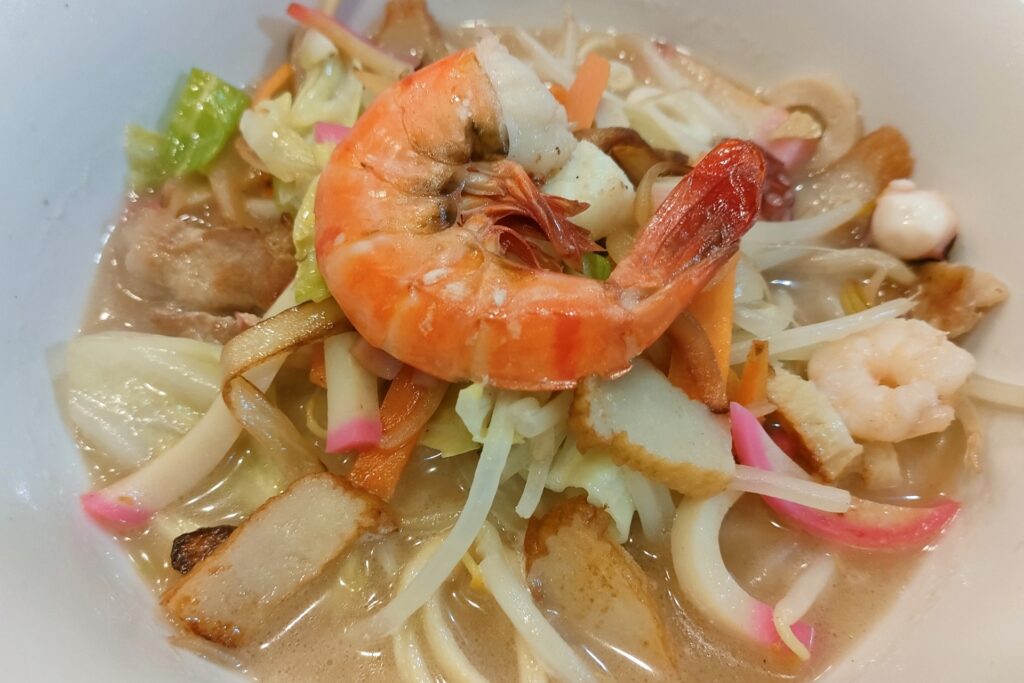
Each region within Kyushu has its own specialty dishes that are a testament to the island’s rich culinary heritage. Fukuoka’s Hakata ramen is a must-try, with its savory broth and thin noodles. Kagoshima is known for its black pork, which is often enjoyed in shabu-shabu or tonkatsu. Miyazaki offers succulent grilled chicken (jidori), while Nagasaki’s champon provides a hearty noodle dish influenced by Chinese cuisine. These regional specialties highlight the diversity and depth of Kyushu’s food culture.
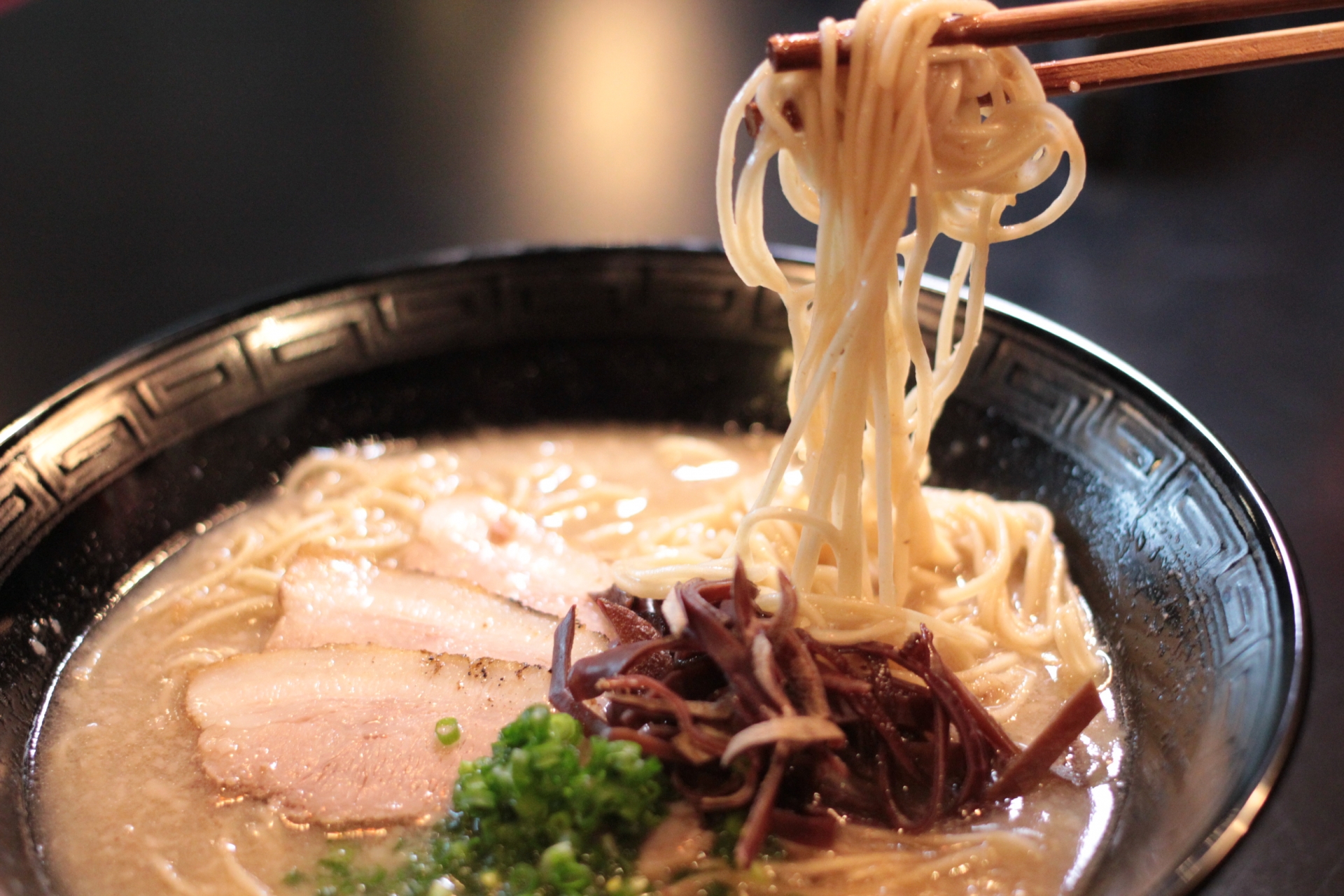
Practical Travel Tips for Kyushu
Traveling around Kyushu is made easy with a well-developed transportation network that includes trains, buses, and rental cars. The Kyushu Shinkansen connects major cities like Fukuoka, Kumamoto, and Kagoshima, making it convenient for tourists to explore different parts of the island. Local buses and trams provide access to more remote areas, while rental cars offer flexibility for those looking to venture off the beaten path. Understanding the transportation options will help you navigate Kyushu efficiently and enjoy all that it has to offer.
Best Times to Visit Kyushu
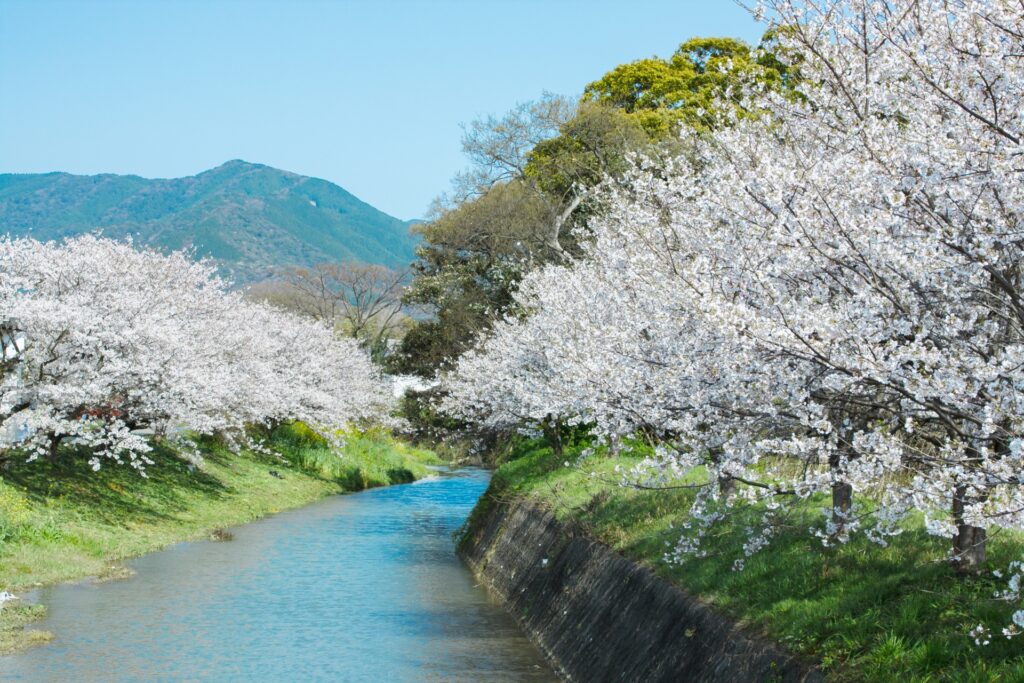
Kyushu’s climate is relatively mild, making it a year-round destination. However, the best time to visit is during the spring (March to May) and autumn (September to November) when the weather is pleasant, and the natural scenery is at its best. Spring brings cherry blossoms, while autumn offers stunning fall foliage. Summers can be hot and humid, but they are also the season for vibrant festivals. Winter is mild and is an ideal time to enjoy Kyushu’s hot springs.
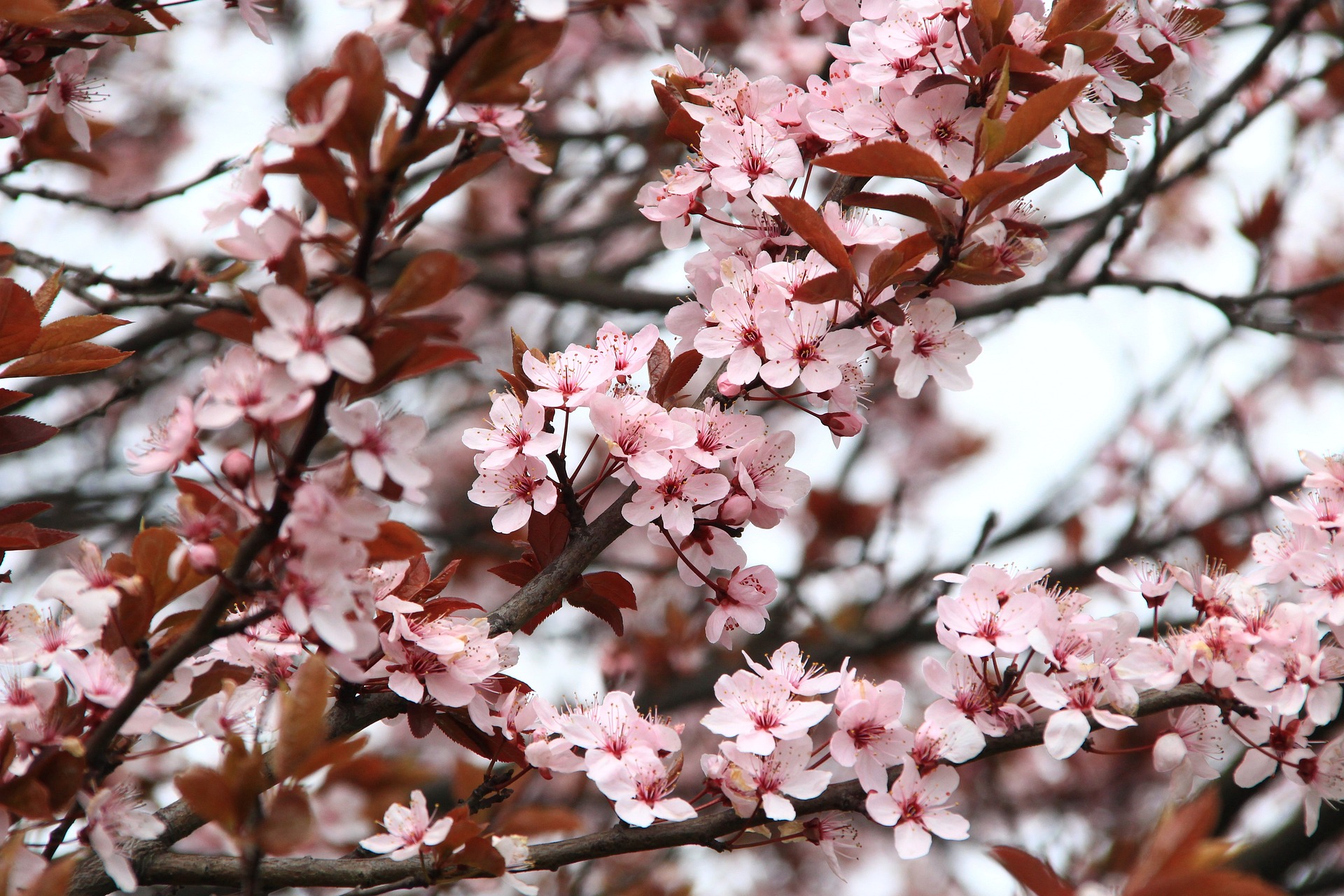
Off the Beaten Path: Hidden Gems in Kyushu
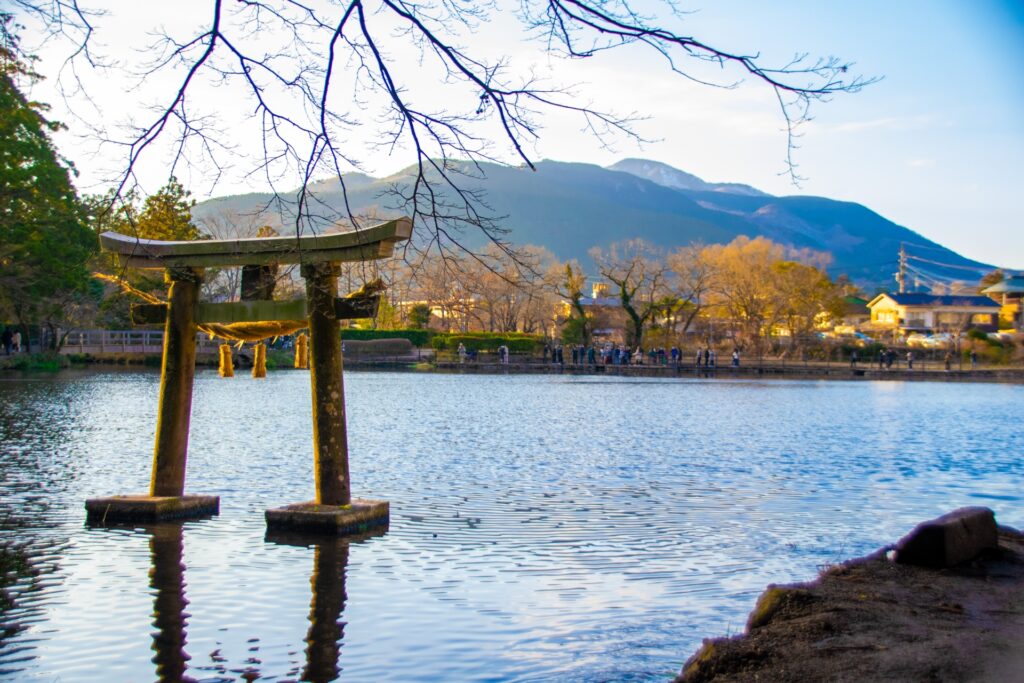
While major cities and attractions draw the most attention, Kyushu is also home to lesser-known gems that offer a more intimate and authentic experience. Places like Yufuin, with its charming streets and hot springs, or the remote Goto Islands, known for their beautiful beaches and historical significance, provide unique experiences away from the crowds. Exploring these hidden treasures allows visitors to discover the quieter, more serene side of Kyushu.
Sustainable Travel in Kyushu
As tourism in Kyushu grows, so does the importance of sustainable travel. Eco-friendly practices such as staying in environmentally conscious accommodations, supporting local businesses, and minimizing waste are encouraged. Visitors can engage in activities that promote sustainability, such as cycling tours, nature walks, and participating in local conservation efforts. By adopting sustainable travel practices, tourists can help preserve Kyushu’s natural beauty and cultural heritage for future generations.
Kyushu for Digital Nomads
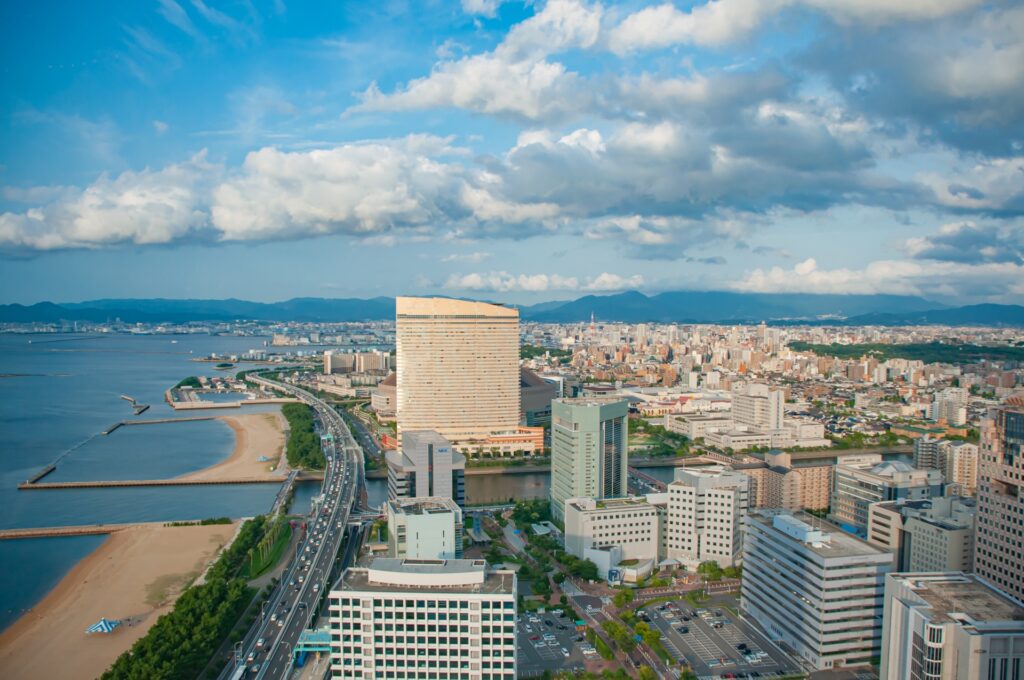
With its combination of urban conveniences and natural beauty, Kyushu is becoming an attractive destination for digital nomads. Cities like Fukuoka offer coworking spaces, reliable internet, and a vibrant community of remote workers. The island’s scenic landscapes provide a perfect backdrop for those seeking a balance between work and leisure. Kyushu’s affordability, compared to other parts of Japan, also makes it an appealing option for long-term stays.
Conclusion
Kyushu, with its rich cultural heritage, stunning natural landscapes, and delectable cuisine, offers a diverse range of experiences that cater to all types of travelers. Whether you’re exploring historical sites, relaxing in hot springs, or indulging in local delicacies, Kyushu promises a memorable journey. By embracing sustainable tourism practices and respecting the local culture, visitors can contribute to preserving the beauty and authenticity of this remarkable island.

